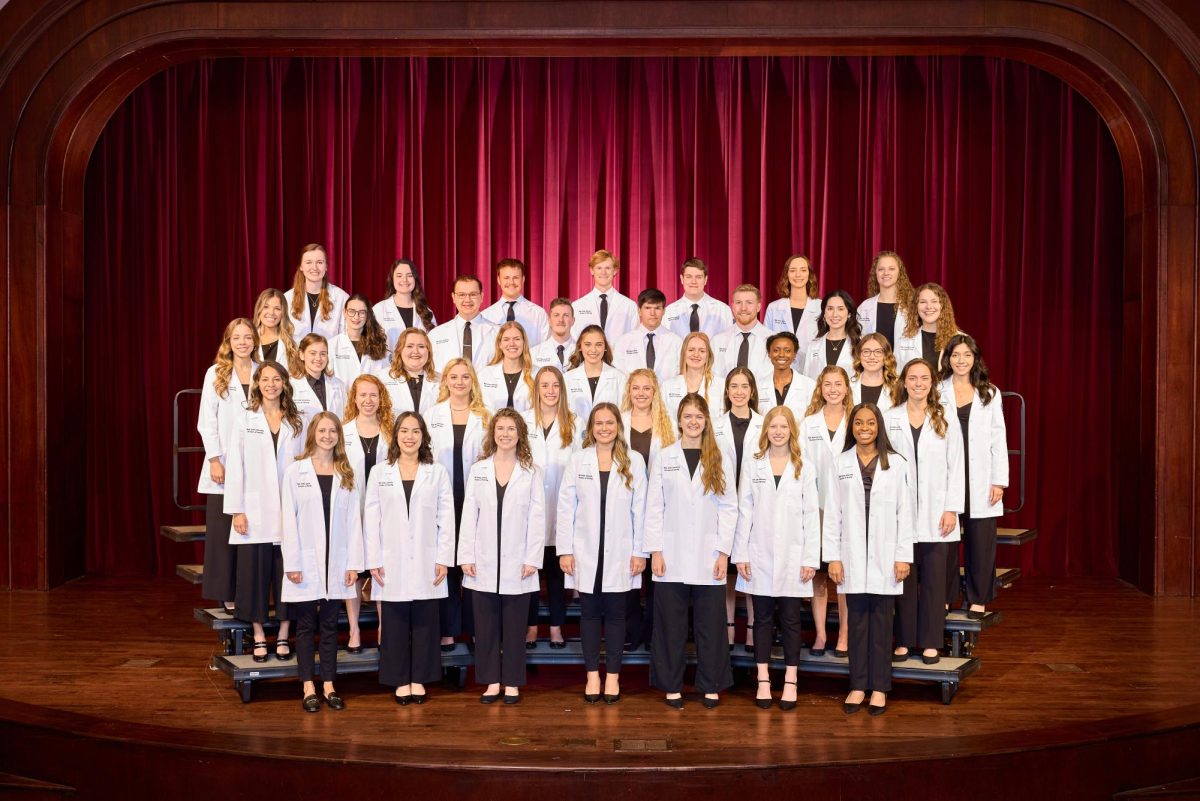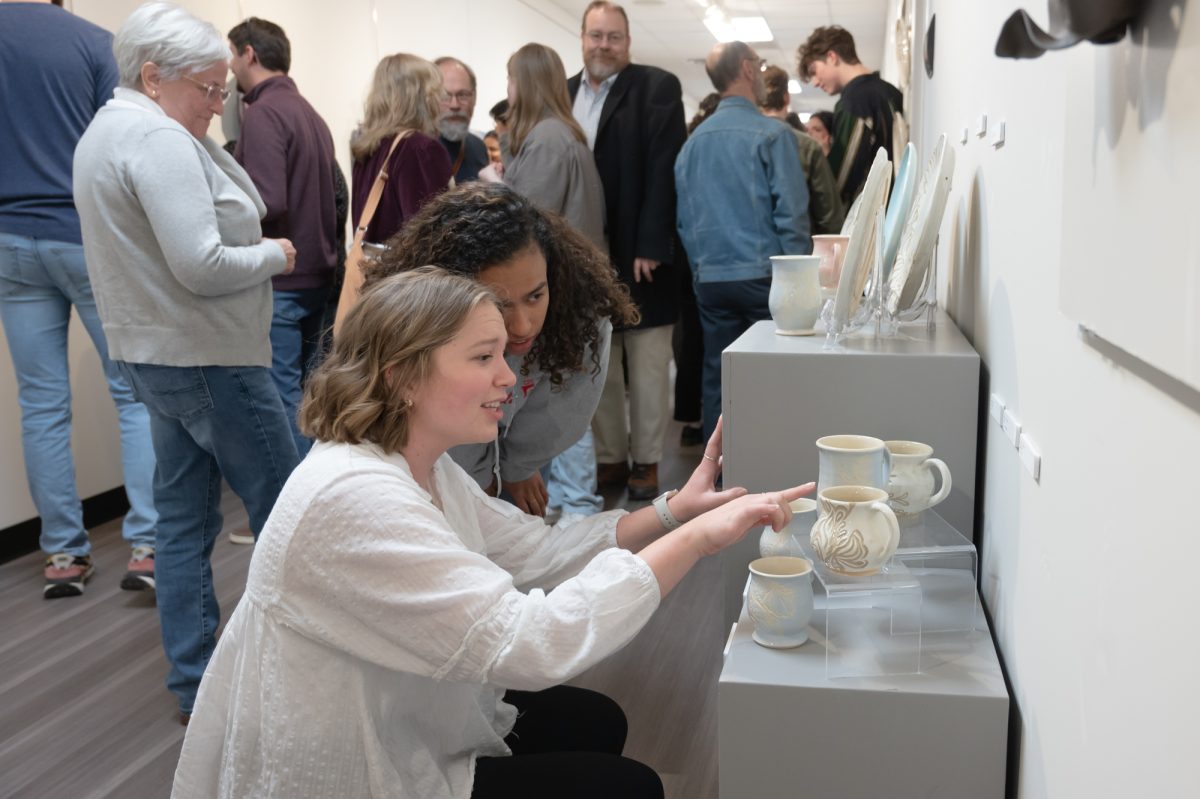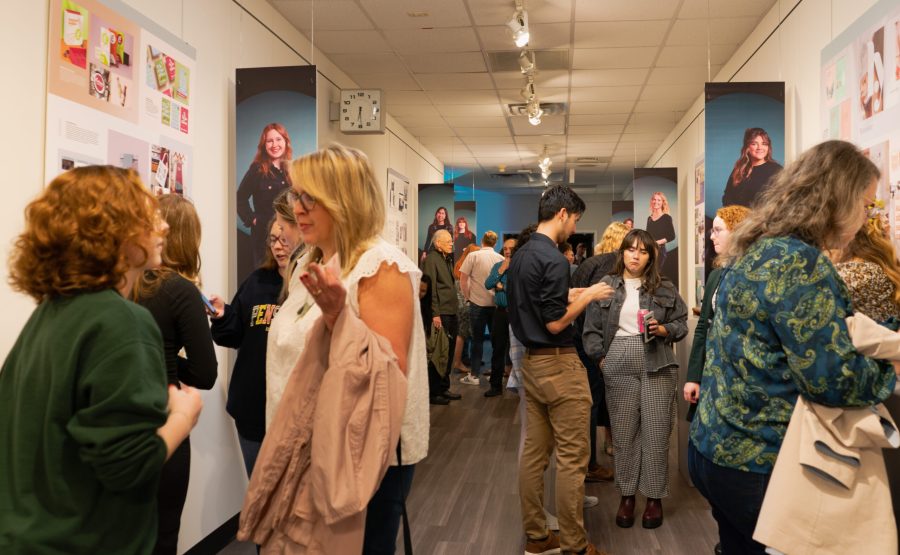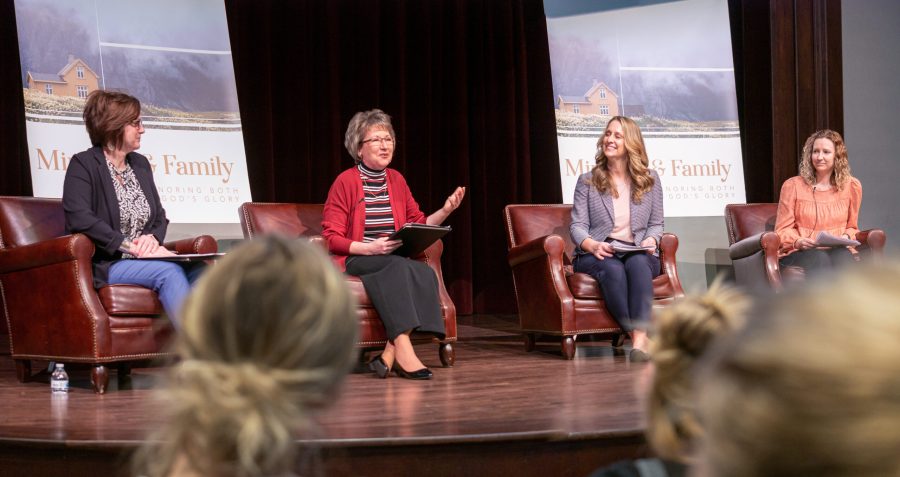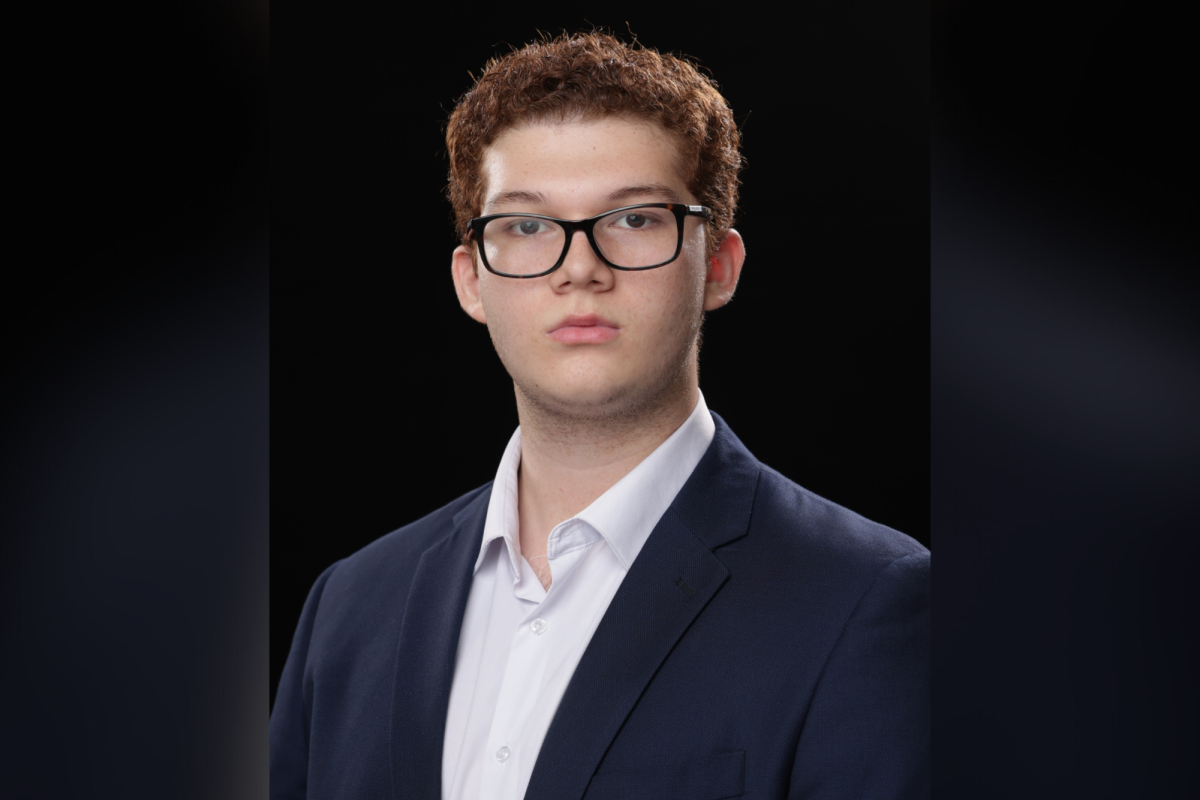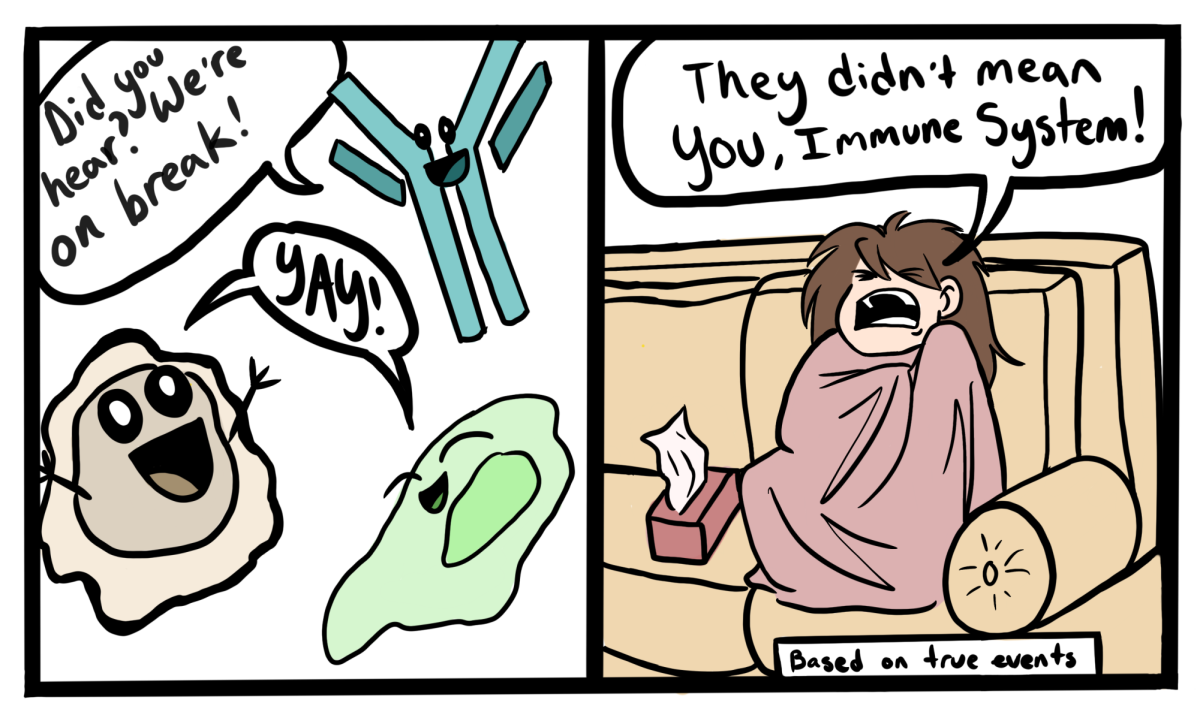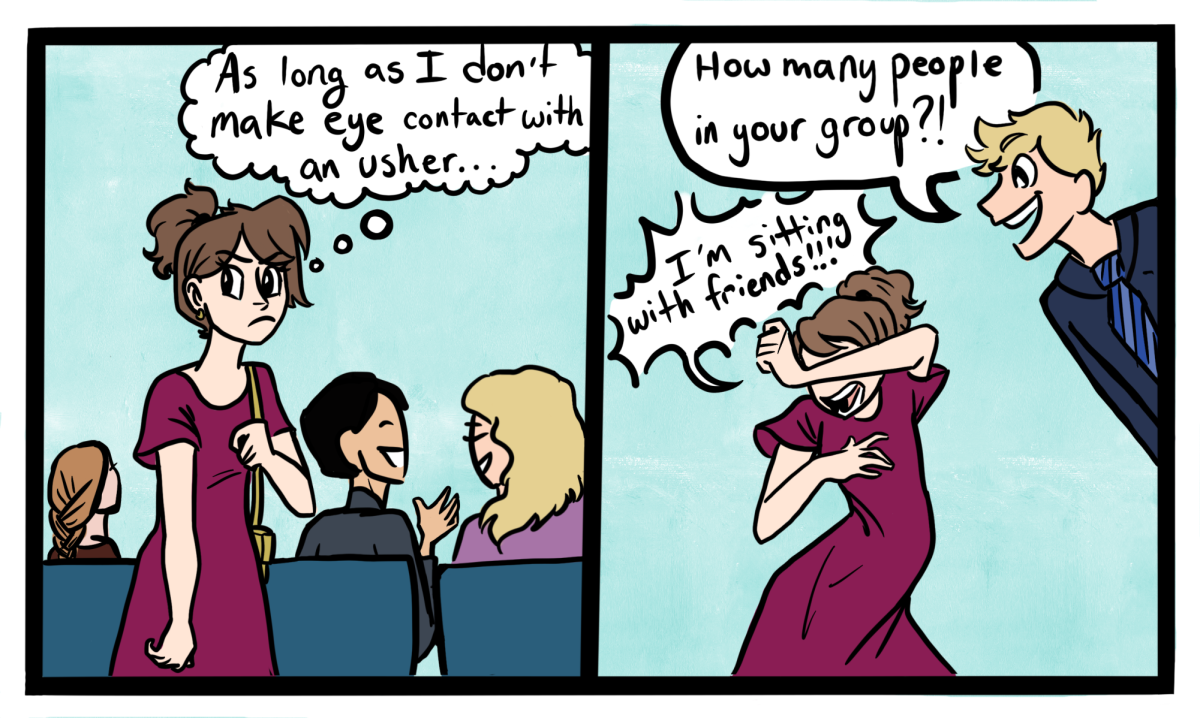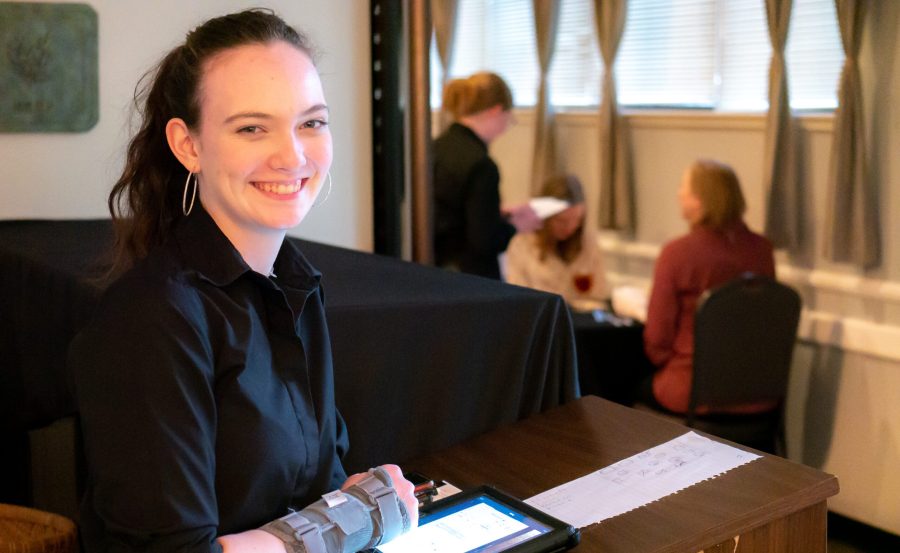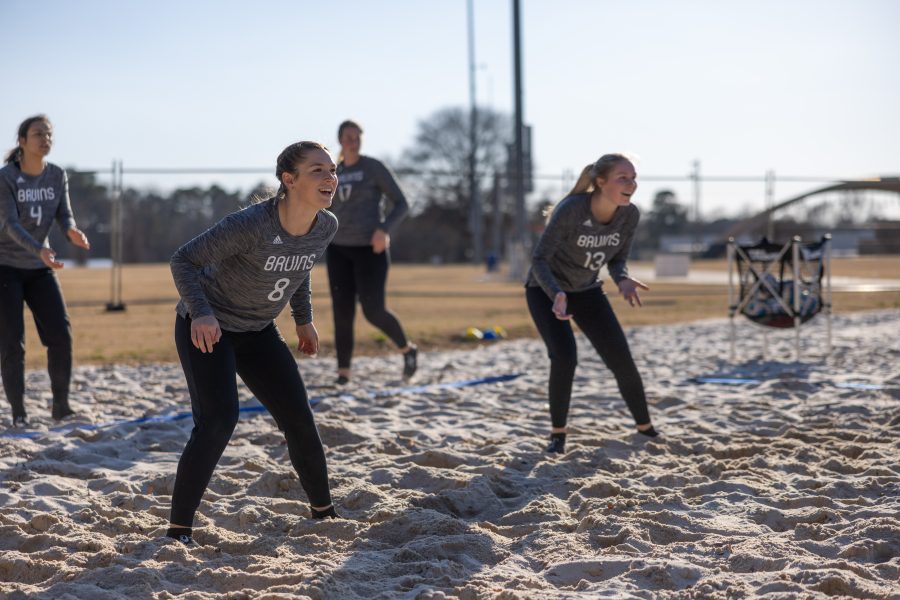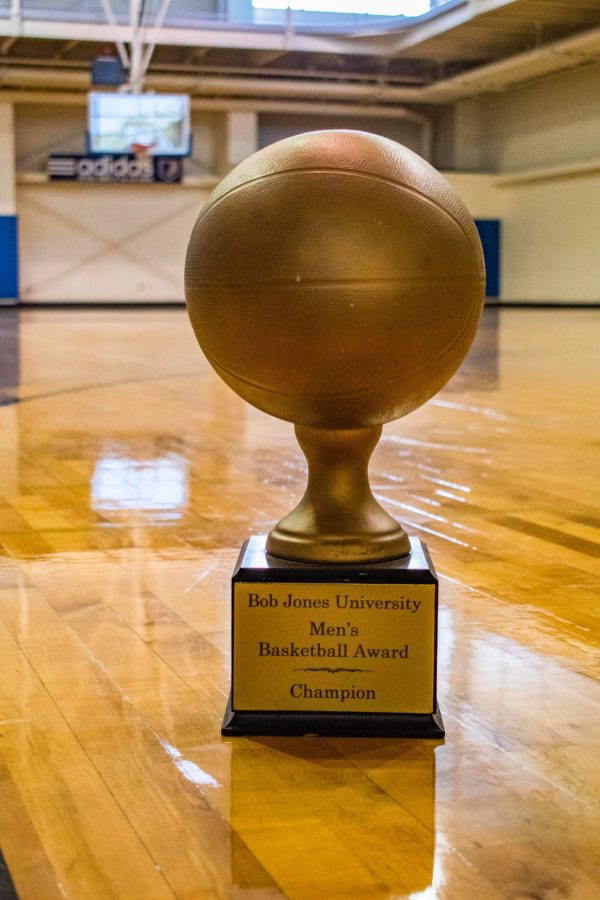If you’re reading this, then like me, you probably lead a pretty average, ordinary life, and that’s OK. Sort of. Let me explain.
You may have taken offense at those two adjectives; people don’t like to think of themselves as average or ordinary. But think of your life in relationship to where your childhood-self would have wanted to be by the age you are now. Perhaps a pro athlete, an astronaut or a millionaire business owner.
But if you’re reading this, you’re most likely not any of those things.
Most of us realized we probably wouldn’t be astronauts when we couldn’t get our sixth-grade volcano science projects to work. Most of us stopped dreaming of being the next Michael Jordan after air-balling a 3-pointer in front of our friends in a junior high basketball game.
I quickly realized the earnings from my sports career would probably never amount to much more than the fruit snacks and juice boxes my entire elementary team received after games.
Have you dreamt of becoming the next Steve Jobs? He was worth $125 million before he was 25 years old; you’re probably not going to get there.
If at this point you’re worried that this column is going to turn into a “don’t give up on your dream” pep talk, don’t worry; it’s not. Because frankly, it’s a good thing we all gave up on those childhood dreams because they were pretty foolish ones. In reality, the majority of us aren’t remotely talented enough to become any of those things anyway, despite what our well-meaning mothers may have said.
If you spend your whole life being anxious about missing out on superlatives—greatest, richest, smartest—you’ll miss out on the excellence of the ordinary things that surround you.
I think most people get that, though. College campuses aren’t filled with students moping around because they’ll never be Neil Armstrong or Michael Jordan. But I do believe many campuses, including this one, are full of students who have taken ‘settling’ too far.
Instead of bummed-out flunky astronauts and wannabe NBA players, we have business majors who are fine with having a job they hate as long as it pays the bills. We have people in majors not because they’re passionate about the subject matter, but because they’ve heard the “You’re majoring in that? Good luck working at McDonald’s for the rest of your life!” jokes so often they’re scared of pursuing what actually interests them.
Classrooms are filled with people who refuse to try anything new unless they’re sure it’ll look good on a resume. For many students, college is nothing more than a hoop to jump through on the way to obtaining a modest American dream.
And I’m not alone in my thinking. In his book Excellent Sheep, William Deresiewicz, a former professor at Yale University, decries the current state of higher education and the kind of students it’s producing: “In 1971, 73 percent of incoming freshmen said that it is essential or very important to ‘develop a meaningful philosophy of life,’ 37 percent to be ‘very well-off financially’” (not well-off, note, but very well-off).
But now Deresiewicz says those numbers have flipped. In 2011 only 47 percent of freshman considered developing a “meaningful philosophy of life” as important, while on the other hand, 80 percent considered becoming very wealthy as important.
“For well over 30 years, we’ve been loudly announcing that happiness is money, with a side order of fame. No wonder students have come to believe that college is all about getting a job,” Deresiewicz says.
So while the college experience might not turn you into a professional athlete or the next CEO of Apple, it does offer something else even more important. It offers you four years to experiment, to figure out what you’re passionate about and to fail and learn from those failures. That means trying things you may or may not be good at and taking a class because you’re curious about the subject matter, not just because you’re after a letter grade. College is about becoming a whole, well-rounded person.
Don’t see college as an obstacle between you and your future, because God has placed you here and given you this unique opportunity to learn and grow here. Don’t waste that. God has also given each of us specific gifts and talents. Find those and use your college years to develop them.

